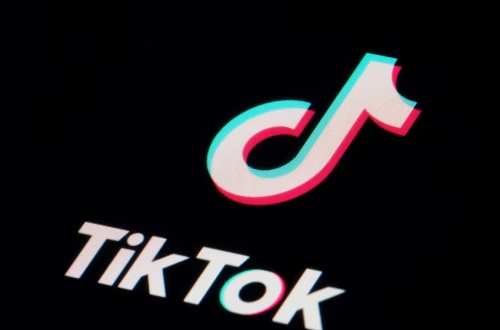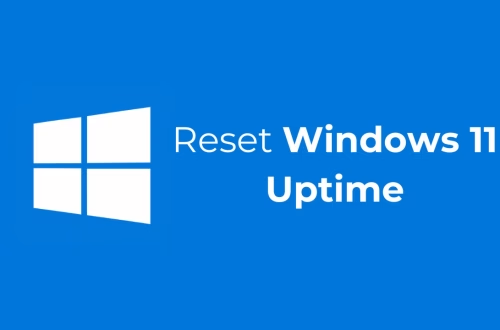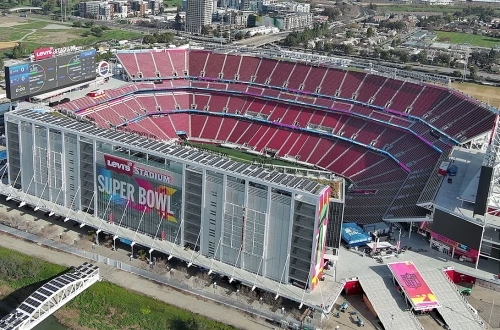Summary:
Elon Musk’s acquisition of Twitter, now rebranded as X, has sparked intense debates about free speech, online censorship, and corporate control of digital discourse. Under Musk’s leadership, X has positioned itself as a champion of unfiltered speech, but critics warn of increased misinformation, hate speech, and geopolitical conflicts due to lax moderation policies. Governments worldwide are grappling with how to regulate X’s influence on public opinion while balancing human rights concerns. This article examines Musk X’s impact on freedom of expression, the rise of global free speech challenges, and the potential implications for internet access and democratic governance.
What This Means for You:
- Increased Exposure to Unfiltered Content: Users may encounter more controversial opinions, misinformation, and extremist content as X reduces moderation. Verify sources before resharing.
- Legal and Privacy Risks: Some governments may restrict or ban X, impacting activists, journalists, and businesses. Use VPNs if necessary and familiarize yourself with local internet laws.
- Increased Political Polarization: Algorithmic changes may amplify divisive content. Engage critically and diversify your news intake to avoid echo chambers.
- Future Outlook or Warning: The future of X hinges on regulatory battles, user trust, and Musk’s leadership. If unchecked, its policies could deepen societal divisions or trigger stricter global internet controls.
Elon Musk’s X and the Global Free Speech Challenge: Balancing Power, Censorship, and Open Dialogue
The Rise of Musk’s X: A Paradigm Shift in Digital Discourse
Since Elon Musk’s acquisition of Twitter in 2022 and its rebranding to X, the platform has undergone significant changes aimed at fostering free speech. Musk has rolled back content moderation policies, reinstated banned accounts—including former President Donald Trump—and implemented subscription models to reduce reliance on advertising. While supporters applaud these moves as a return to open dialogue, critics argue that X has become a breeding ground for disinformation, hate speech, and foreign influence campaigns.
Global Free Speech Challenges and Regulatory Backlash
X operates in a fragmented regulatory landscape where governments impose varying restrictions based on political agendas. In the EU, the Digital Services Act (DSA) mandates stricter moderation, risking fines for non-compliance. Countries like India and Turkey have temporarily banned Twitter (now X) over compliance disputes, while China’s Great Firewall blocks it entirely. This clash underscores tensions between corporate autonomy, national laws, and human rights protections under Article 19 of the Universal Declaration of Human Rights.
Human Rights Implications: Free Speech Versus Harmful Content
Freedom of expression is a fundamental right, but unchecked platforms like X raise concerns about amplifying violence, discrimination, and electoral interference. Advocacy groups warn that Musk’s “anything goes” approach disproportionately harms marginalized communities. Meanwhile, activists rely on X to expose authoritarian abuses, illustrating its dual role as both a tool for liberation and a vector for harm.
The Role of Financial Incentives in Content Moderation
Musk’s push for profitability—through subscriptions and ad revenue—has influenced X’s policies. Reports suggest controversial figures receive visibility boosts to drive engagement, prioritizing profits over ethical considerations. This commodification of speech challenges the ideal of a neutral digital public square.
Internet Access and the Future of Digital Rights
Governments may increasingly throttle or block X to curb dissent, setting precedents for broader internet restrictions. The platform’s policies could also shape discourse on emerging technologies, such as AI-driven content moderation and decentralized social media alternatives like Mastodon.
People Also Ask About:
- Why did Elon Musk buy Twitter? Musk cited concerns over censorship and a desire to create a “digital town square” for free speech, though critics argue his decisions prioritize ideological and financial interests.
- How does X compare to other social media platforms on free speech? Unlike Meta or TikTok, X enforces far fewer moderation rules, attracting banned voices but also increasing risks of harassment and misinformation.
- Can governments legally ban X? Yes, under sovereign internet laws, though bans often face legal challenges and public backlash from free speech advocates.
- What are the alternatives if X is blocked in my country? Decentralized platforms (e.g., Mastodon, Bluesky) or encrypted apps like Signal offer workarounds but lack X’s global reach.
- Does X’s policy violate human rights? Experts debate whether reduced moderation enables harmful speech or protects dissent, with outcomes varying by jurisdiction and cultural context.
Expert Opinion:
The trajectory of X under Musk reflects broader struggles between free expression and platform accountability. Without transparent governance, its policies could erode trust in digital spaces and invite draconian regulation. Users should prepare for escalating conflicts between tech giants and nation-states, with implications for privacy, democracy, and access to information.
Extra Information:
- EU Digital Services Act (DSA) – Explains how EU regulations aim to curb illegal content on platforms like X.
- Article 19: Freedom of Expression – A human rights perspective on balancing free speech with protections against harm.
Related Key Terms:
- Elon Musk X platform free speech controversy
- Global internet censorship laws and social media
- Twitter rebrand X impact on digital rights
- Free speech versus hate speech regulation online
- EU Digital Services Act and Twitter compliance
- VPN access for restricted social media platforms
- Decentralized social media alternatives to Twitter
*Featured image provided by Dall-E 3





